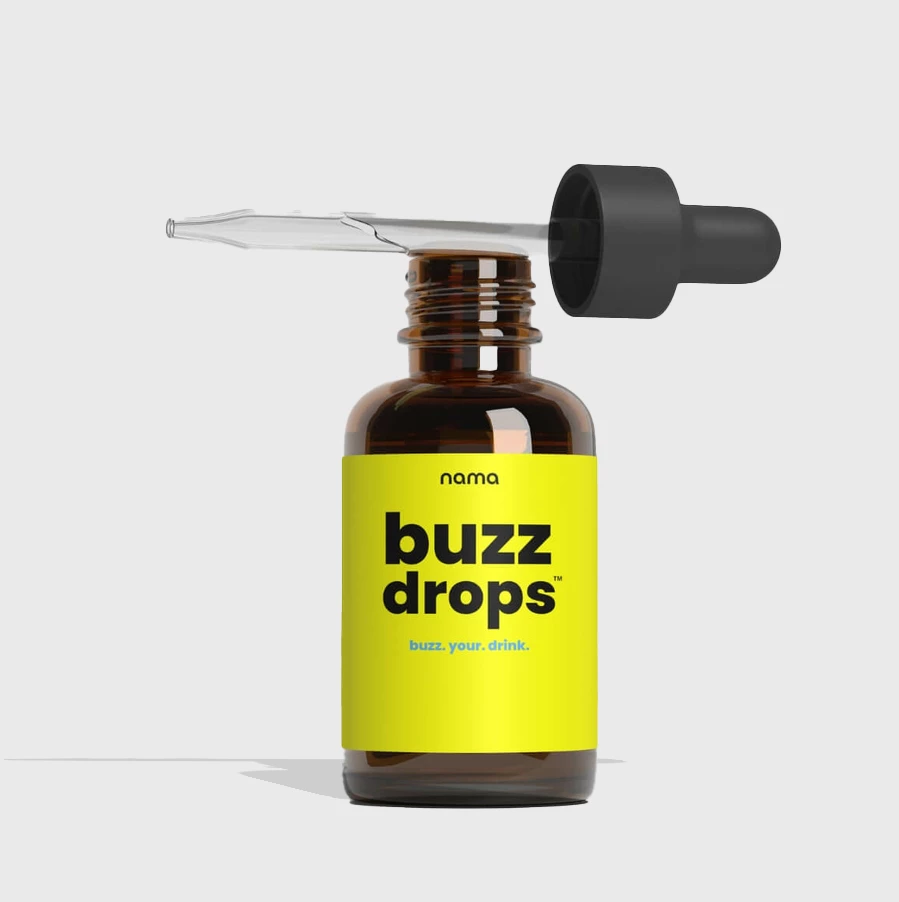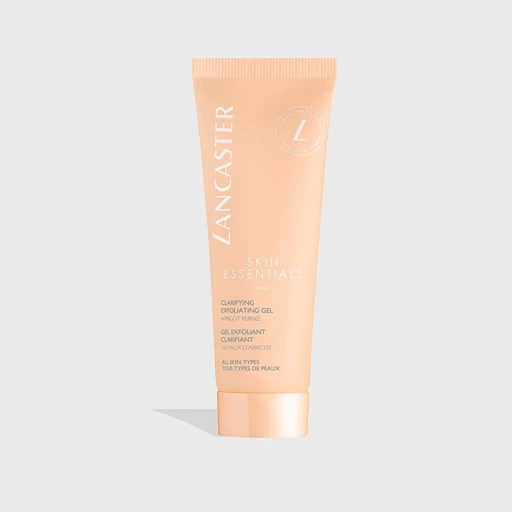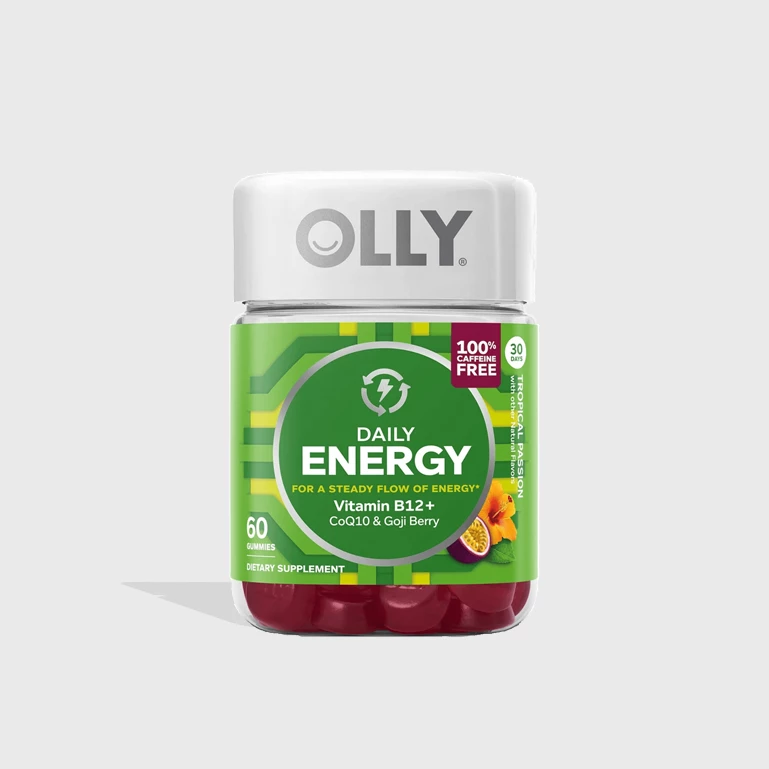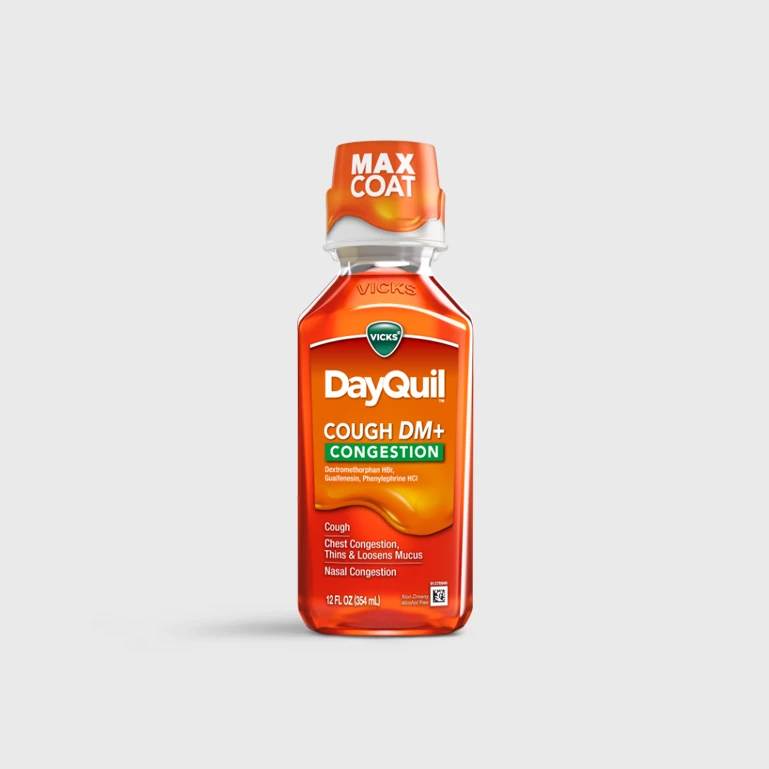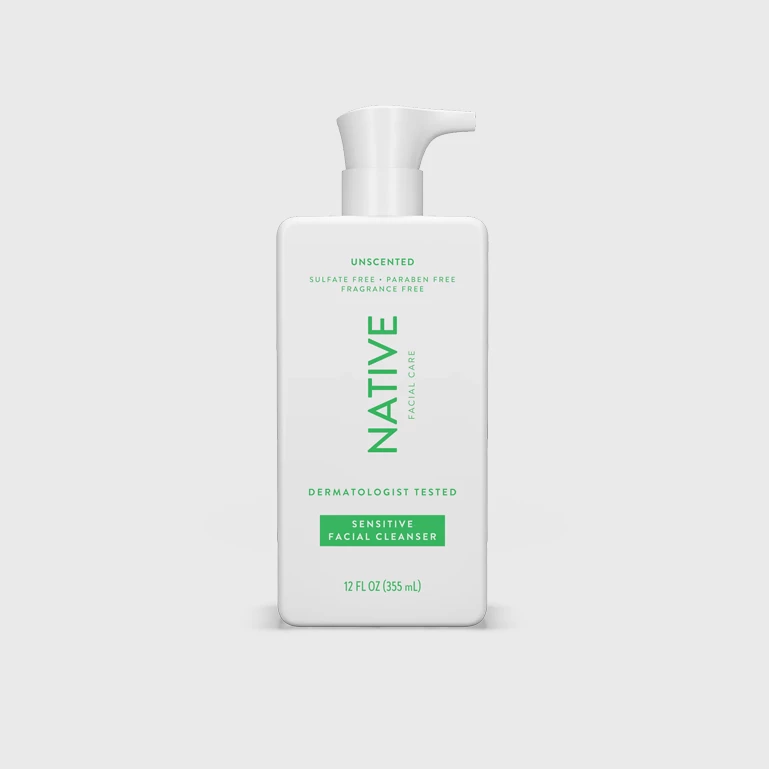Hemp Superfoods: The Nutritional Power of Hemp Seeds and Protein
Hemp Superfoods: The Nutritional Power of Hemp Seeds and Protein
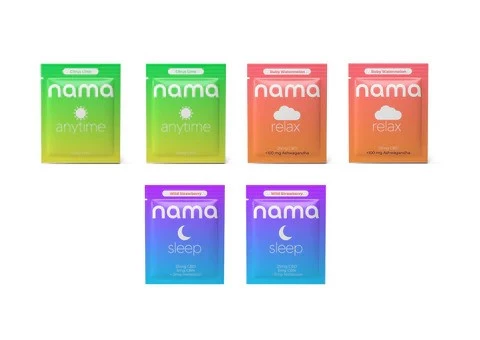
Hemp Superfoods: The Nutritional Power of Hemp Seeds and Protein
In the world of superfoods, few can rival the nutritional power of hemp. Derived from the Cannabis sativa plant, hemp seeds and hemp protein have gained popularity as nutrient-rich and versatile additions to diets. They’re packed with essential nutrients that support overall health, making them a favorite among health enthusiasts, athletes, and individuals seeking plant-based protein alternatives. This comprehensive guide delves into the nutritional benefits, uses, and science-backed advantages of incorporating hemp seeds and protein into your diet.
The Origin and History of Hemp as a Superfood
Hemp has been cultivated for thousands of years for various uses, including textiles, paper, and food. Ancient civilizations, such as the Chinese and Egyptians, recognized its medicinal and nutritional properties. Today, hemp seeds and protein are celebrated for their extraordinary nutrient profile and versatility in culinary applications.
Key Highlights of Hemp:
-
Sustainability: Hemp is a fast-growing, eco-friendly crop that requires minimal pesticides and water.
-
Non-Psychoactive: Unlike its cousin marijuana, hemp contains negligible amounts of THC (≤0.3%), ensuring no psychoactive effects.
-
Complete Nutrition: Hemp seeds are a complete protein source, providing all nine essential amino acids.
Explore More: The History of Hemp
Nutritional Composition of Hemp Seeds
Hemp seeds are small, nutty-flavored seeds with a powerhouse of nutrients. Here’s what makes them stand out:
1. Rich in Essential Fatty Acids
-
Omega-3 and Omega-6: Hemp seeds provide the ideal 3:1 ratio of omega-6 to omega-3 fatty acids, supporting heart health and reducing inflammation.
-
Gamma-Linolenic Acid (GLA): This unique fatty acid promotes hormonal balance and skin health.
2. Complete Protein Source
-
Hemp seeds are among the few plant-based sources of complete protein, containing all essential amino acids needed for muscle repair and growth.
3. Packed with Vitamins and Minerals
-
Vitamin E: Acts as a powerful antioxidant.
-
Magnesium: Supports bone health and regulates blood pressure.
-
Zinc and Iron: Essential for immune function and oxygen transport.
Nutritional Breakdown (Per 30g Serving):
-
Calories: 166
-
Protein: 10g
-
Fat: 14g (2g saturated fat)
-
Carbohydrates: 2g
-
Fiber: 1g
-
Omega-3s: 1,000mg
Explore More: Hemp Seed Nutrition Facts
Health Benefits of Hemp Seeds
1. Boosting Heart Health
The omega-3s and arginine in hemp seeds promote cardiovascular health by reducing cholesterol levels and regulating blood pressure.
2. Enhancing Digestive Health
The fiber content in hemp seeds aids digestion, supports gut health, and prevents constipation.
3. Supporting Skin and Hair Health
Hemp’s essential fatty acids combat dryness and inflammation, improving skin texture and promoting shiny, healthy hair.
4. Promoting Hormonal Balance
GLA found in hemp seeds helps regulate hormones, particularly beneficial for women experiencing PMS or menopause.
Related Resource: Hemp for Women’s Health
Hemp Protein: The Plant-Based Protein Powerhouse
Hemp protein powder is made by grinding hemp seeds into a fine, nutrient-rich powder. It’s an excellent source of plant-based protein, perfect for vegans, vegetarians, and those with lactose intolerance.
1. Why Choose Hemp Protein?
-
Easily Digestible: Hemp protein is free of oligosaccharides and trypsin inhibitors, making it easier to digest than other plant proteins like soy.
-
Rich in Fiber: Supports weight management and gut health.
-
Balanced Amino Acid Profile: Ideal for muscle recovery and repair.
2. Nutritional Highlights of Hemp Protein (Per 30g Serving):
-
Protein: 15g
-
Fiber: 8g
-
Iron: 20% of the daily value
Explore More: Hemp Protein vs. Other Plant Proteins
Culinary Uses of Hemp Seeds and Protein
Hemp seeds and protein are incredibly versatile in the kitchen, suitable for sweet and savory dishes. Here are some creative ways to incorporate them into your diet:
1. Hemp Seeds:
-
Sprinkle over salads, oatmeal, or yogurt for a crunchy texture.
-
Blend into smoothies for added nutrition.
-
Use as a topping for baked goods or desserts.
2. Hemp Protein Powder:
-
Mix into shakes or smoothies for a post-workout boost.
-
Add to pancake or waffle batter for a protein-rich breakfast.
-
Incorporate into energy bars or protein balls for a convenient snack.
Cooking Tip: Hemp protein has a nutty flavor that pairs well with chocolate, banana, and berry-based recipes.
Related Recipes: Hemp Superfood Recipes
Hemp and Sustainability
Hemp’s environmental benefits extend beyond its nutritional value. Its cultivation requires fewer resources compared to other crops, making it a sustainable choice for health-conscious consumers.
-
Carbon Sequestration: Hemp absorbs CO2 from the atmosphere, helping combat climate change.
-
Low Water Usage: Requires significantly less water than crops like soy or almonds.
-
Pesticide-Free: Hemp naturally resists pests, reducing the need for chemical pesticides.
Learn More: Sustainable Farming with Hemp
Scientific Studies Supporting Hemp Nutrition
Numerous studies highlight the health benefits of hemp seeds and protein:
-
Cardiovascular Health: A 2018 study in Nutrition Reviews linked omega-3 fatty acids in hemp seeds to reduced risk of heart disease.
-
Protein Quality: Research in Journal of Agricultural and Food Chemistry confirmed hemp’s status as a complete protein.
-
Anti-Inflammatory Properties: A 2020 study found GLA in hemp seeds beneficial for reducing chronic inflammation.
Explore Research: Hemp Nutrition Studies
Frequently Asked Questions
1. Are hemp seeds safe for everyone?
Yes, hemp seeds are safe for most people. However, individuals with allergies to seeds should exercise caution.
2. Does hemp protein contain THC?
No, hemp protein and seeds contain only trace amounts of THC, well below psychoactive levels.
3. How much hemp protein should I consume daily?
For adults, 1-2 scoops (20-40g) per day is sufficient to meet protein needs.
More FAQs: Hemp Nutrition Questions Answered
Conclusion
Hemp seeds and protein are nutritional powerhouses that offer a multitude of health benefits. From supporting heart health and digestion to providing sustainable protein, these superfoods deserve a place in your diet. Whether you’re looking to enhance your nutrition, improve athletic performance, or support the planet, hemp is an excellent choice.
Explore More: Discover Hemp Superfoods on Vliso.ai





